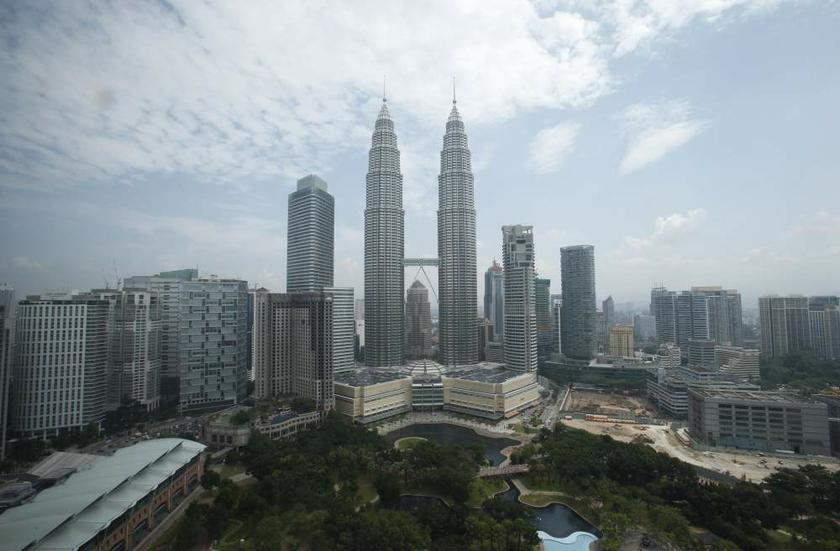KUALA LUMPUR, Oct 22 — More schools, better roads and bridges, as well as increasing the electricity coverage in rural areas, are among development projects that can be undertaken through savings from lower subsidies, says the RHB Research Institute.
Its Head of Research, Alexander Chia said Malaysians would benefit from savings by the government, a move which could also raise the resilience of the national economy.
The Fiscal Policy Committee (FPC) meeting last month decided to carry out the subsidy rationalisation in stages as it would prove less burdensome to the people.
It is estimated that the lowering, for instance of the fuel subsidy, would have saved the government RM1.1 billion this year.
Chia said the savings is still inadequate compared with the government’s allocation of between RM20 billion to RM25 billion for the fuel subsidy.
“Although Malaysia is a nett oil producer, by providing the fuel subsidy, the country has to still incur the cost which amounts to a very inefficient use of resources.
“This could be worse if it (the government) continues subsidising prices,” he told Bernama.
He also said the government is aiming to reduce the country's fiscal deficit to 3.0 per cent in 2015 from the 3.5 per cent at present, while striving for a balanced budget by 2020.
In order to achieve the lower deficit target, the government needs to increase revenue by reducing subsidies as much as possible, Chia added.
He said Malaysia’s neighbours like Indonesia and Thailand which are also oil-producing countries, sell their fuel at more expensive prices.
But the Malaysian government is also sensitive as to why subsidies should be reduced in a gradual manner and not overnight,
Apart from burdening the people, it can also shock the economy or bring about inflationary pressures.
“Ultimately, the process will take time and this could benefit the country and the people in the long run,” Chia said. — Bernama






















